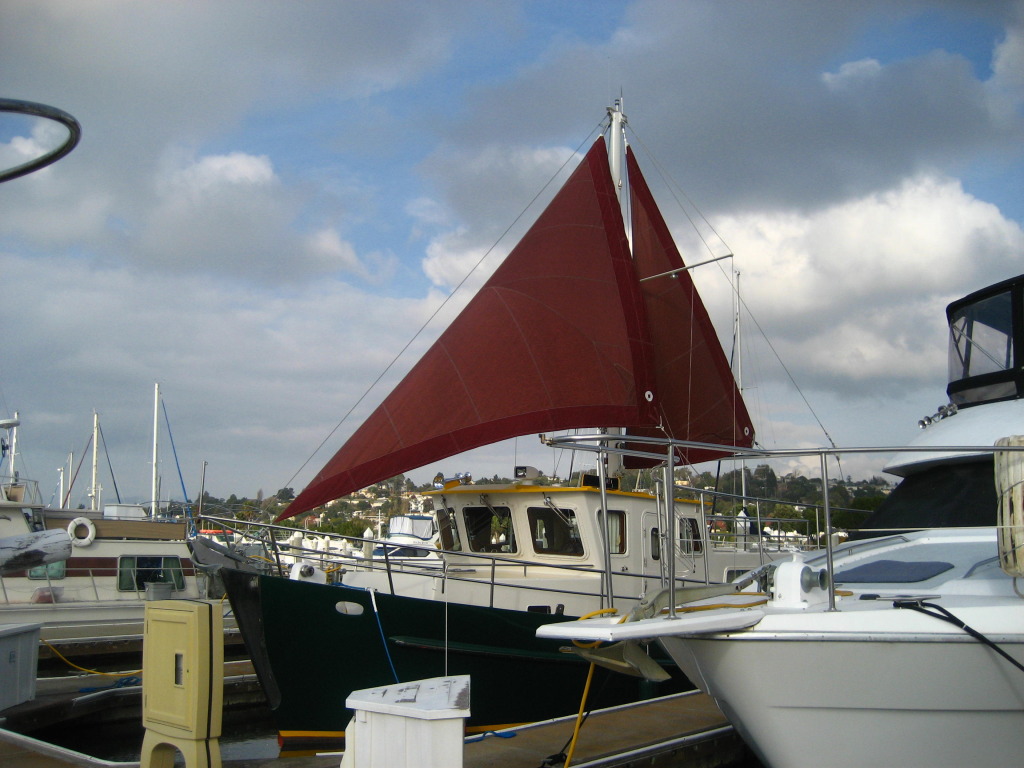GalaxyGirl
Senior Member
Hello all,
I am in the process of purchasing a 55' trawler. It runs on 220/240 power. The seller (who does not live in the states) seems to think that most marinas offer 110 service. (By the way, the boat was not built in the US.) I was wondering if someone here may know if this type of power, 220/240 is commonly available at marina slips? Also, I don't understand how the amps comes into play? What does 30amp and 50amp mean and how does it relate to 110 and 220/240 service?
Also, the seller says I will not be able to use my small household appliances with the 220/240. He said that I would have to purchase 12v appliances that run off battery power? I don't understand this concept either. Also, what about my cell phone charger will that work?
Thanks for your help.
I am in the process of purchasing a 55' trawler. It runs on 220/240 power. The seller (who does not live in the states) seems to think that most marinas offer 110 service. (By the way, the boat was not built in the US.) I was wondering if someone here may know if this type of power, 220/240 is commonly available at marina slips? Also, I don't understand how the amps comes into play? What does 30amp and 50amp mean and how does it relate to 110 and 220/240 service?
Also, the seller says I will not be able to use my small household appliances with the 220/240. He said that I would have to purchase 12v appliances that run off battery power? I don't understand this concept either. Also, what about my cell phone charger will that work?
Thanks for your help.

 jp
jp

